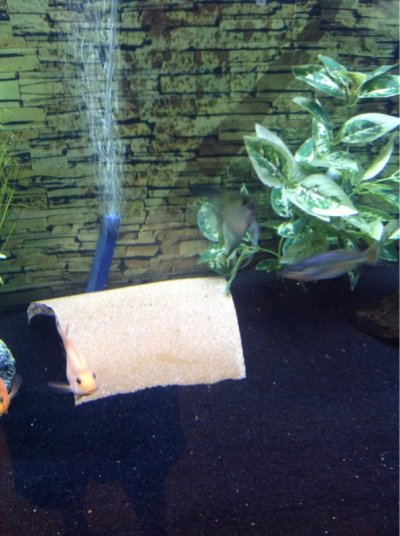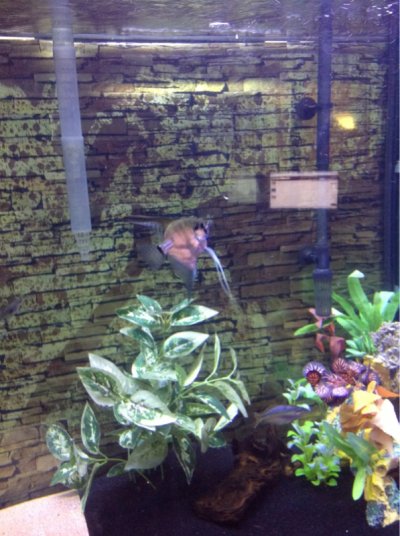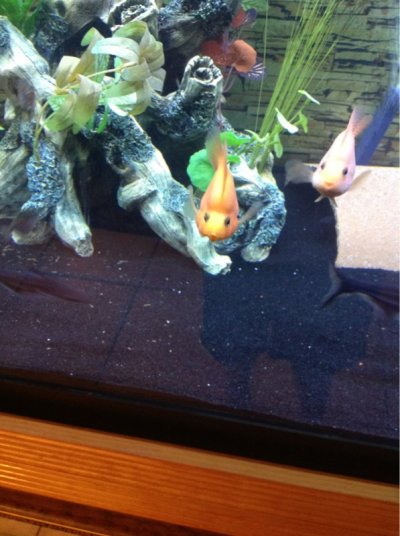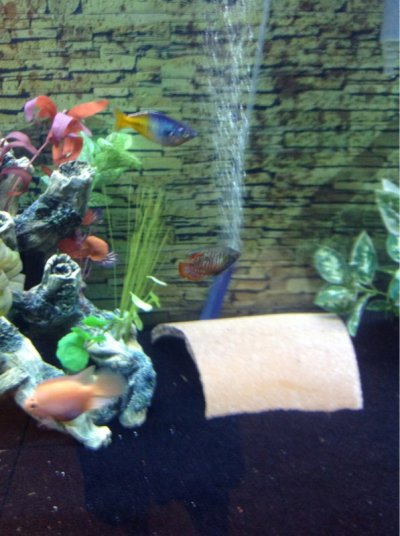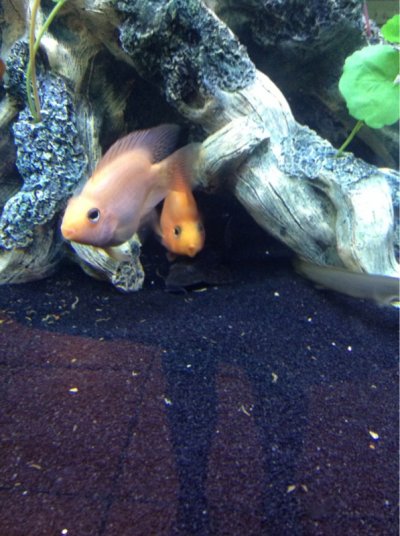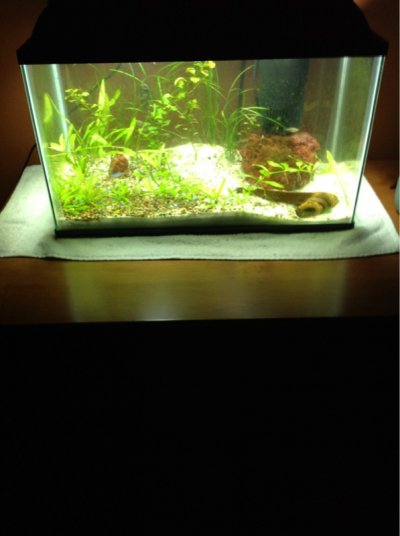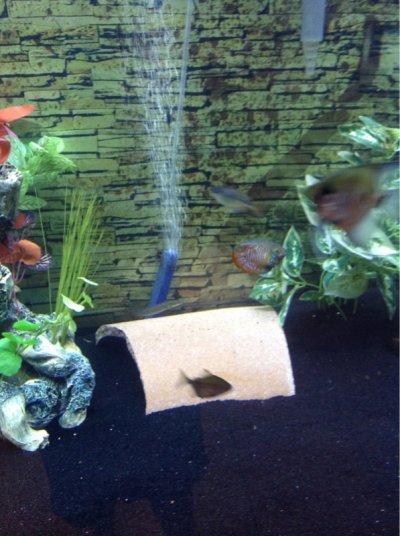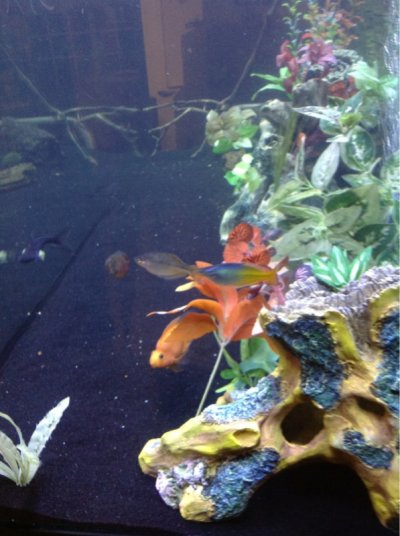PolyptRus
Aquarium Advice Freak
If I was using a computer right now yes but I can only use my phone at the moment pictures taken from the phone can't serve my fish justice but really the only thing that would was to see them in person unless I had a better camera which I don't so the quality is way off. It's really anyone's choice if they want to use aq salts or not or just use them for treatments. But to say that you can't use them every water change because its not good for the fish is incorrect fish need salt in there bodies even fresh water species, using it often doesn't do any harm people have used it in there tanks regularly for years and had no problems so I think that justifies what I say about the salts and if they were so bad for fish than they wouldn't sell it in fish stores and if you read the dosing on the box it doesn't say only for treatments they sell it intending that people use it regularly however you don't need to use it every water change If you want you could just use it every other water change if you think that's better way to use it. Or not use it at all which ever it's up to you I personally think its great and haven't had to treat my fish for any illness in so long so the salts actually saved money but that's just my experience and a few other people I know maybe other people have had different experiences.


